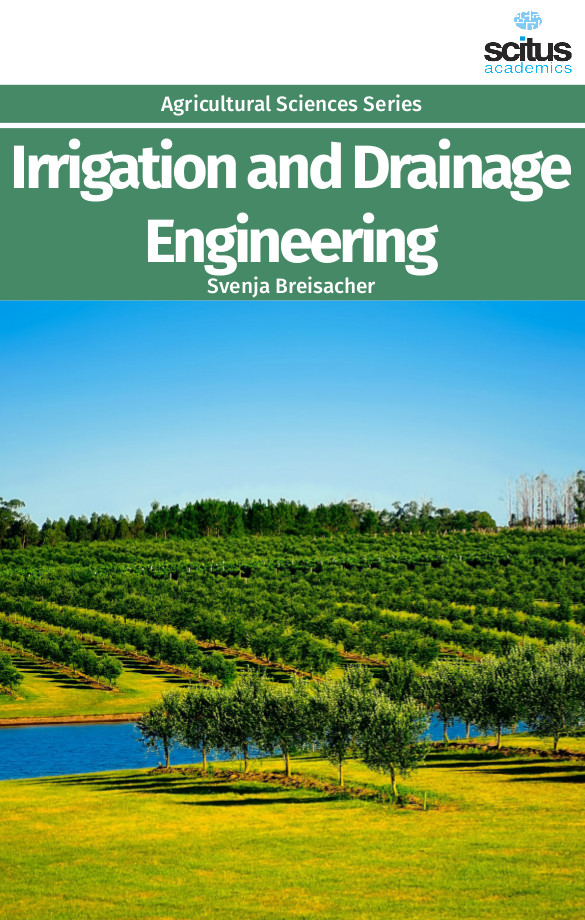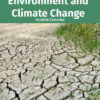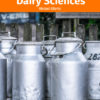Irrigation and drainage has made a major contribution to facilitate increasing food production in order to meet the needs of an ever-growing world population. Irrigation, as the biggest water user in most regions of the world, is facing significant challenges in balancing social, economic and environmental needs for water. The water is basic source for all living in the world and it covers two third of the earth, it is the lifeblood of plants and its permanent or temporary shortage can cause serious damage to plants yield and quality. Irrigation has an important place in terms of water usage, its environmental impact and reuse of urban waste water. Irrigation; firstly begin with people becoming sedentary and agricultural practices, it has been made to improve the quality and quantity of crop production. In most countries agriculture represents by far the largest use of water and worldwide, it represents about 70% of total withdrawal and 90% of water consumption. Especially since the 1950s, people living in the cities started to be the owner of a garden, studies conducted in the urban landscape water is needed in these areas with different types of grass and ornamental crops, in order to ensure the sustainability of irrigation, which resulted in entering of irrigation into urban life. The sustainability of irrigation and drainage in the face of many variants and constraints like availability of water as a resource, ecological balance, socio-cultural impacts, and climate change effects lies in the strategies adopted and systems emplaced. Thus, sustainable irrigation and drainage management will be a frontier field in the future. This raises a number of questions; how can we increase the efficiency and productivity of water use under the circumstance of increasing uncertainties of flooding and drought? How can we reduce the nutrients output from agro-field by using irrigation and drainage technique, to reduce the pollution to groundwater and surface water?
This volume ‘Irrigation and Drainage Engineering’ aims to explore frontiers of knowledge in coining sustainable strategies and systems direly needed in managing the quality and quantity of water required for crop irrigation, surface and root zone drainage and flood management using available tools of research and development. The contribute chapters are written by well-known authors possessing various professional backgrounds and proficiency have dealt with these issues concerning the strategies and systems of irrigation and drainage. This book will be of invaluable for crop growers, agricultural engineers, water resource managers, academicians and graduate students alike.













